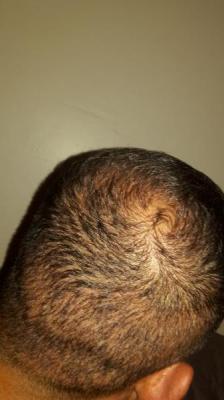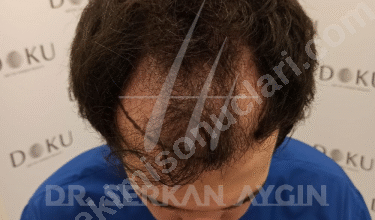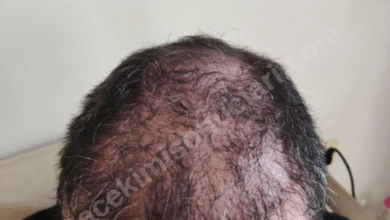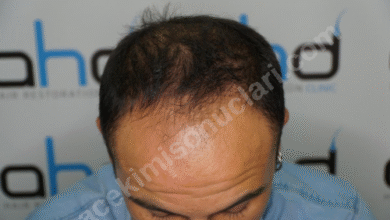Arenamed(Serkan Aydin Clinic)Istanbul ClinicsREAL HAIR TRANSPLANT RESULTS IN TURKEY
SERKAN AYDIN 5700 GRAFTS-ISTANBUL TURKEY

INFORMATION ABOUT THE HAIR TRANSPLANTATION PROCESS
Clinic: Arenamed-Serkan AYDIN Hair Transplant Clinic
5700 grafts – 9 hours
FUE – Micromotor
Age 34
Drug use: I do not use
First of all, I would like to thank the team for being very natural and doing their job professionally.
Below, I shared my pictures after the first day of operation and after the first wash with 2 days of spray. I didn’t deliberately pull down the front line. I didn’t want to spoil the naturalness because my forehead was already wide. So I wanted to get the top and front tight and lush.

























